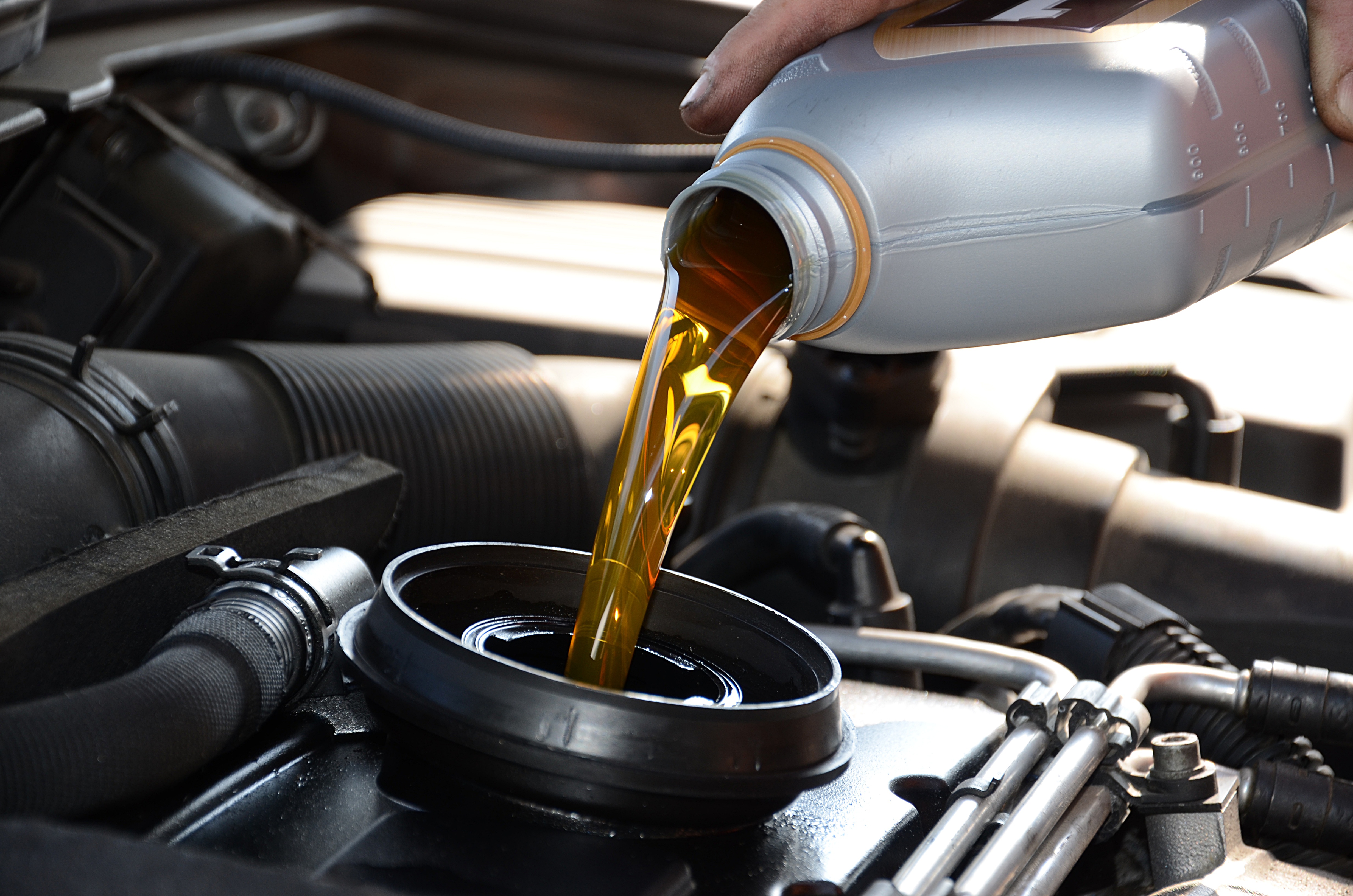Oil is essential to keeping your vehicle’s engine healthy. However, replacing your car’s oil can be daunting due to the many different options available. follow our guide to pick the best type of oil for your car.
Firstly, consult your manual.
Your vehicle’s manual will always have the best advice on which type of oil you should refill the car with. It may suggest that you use different types of oil depending on the climate of where you live, or how high the vehicle’s mileage is.
Synthetic vs non-synthetic oil:
Non-synthetic oil is designed for standard, basic engines. It is the cheapest type of oil to purchase and will work with basically any vehicle.
Synthetic oil is designed for high-tech engines. Generally, synthetic oils will last longer than non-synthetic blends of oil. They will also clean your engine more effectively and flow better at low and high temperatures. However, synthetic oil is more expensive due to the advanced processes that go into making it. Not all engines receive the full range of benefits that synthetic oil offers. If you are putting synthetic oil into an older, incompatible engine, you are probably wasting your money.
Semi-synthetic oil
Semi synthetic oils offer a mid-range option that is higher quality than non-synthetic oil but much cheaper than fully synthetic oil. This way, drivers on a budget can experience the perks of synthetic additives in their engine oil.
High-mileage oil
If your vehicle has a high level of distance on its dash (over 180,000 km), we suggest that you look for blends of high-mileage oil. These will keep your engine running smoothly, reduce the risk of leakages and extend its life. Over time, components will begin to wear and possibly crack inside your engine. This type of oil will slow down this process. High-mileage oil contains additives that flow into your engine’s seals to retain their shape and encourage flexibility of components.
Oil viscosity – what does it mean?
Viscosity is a measurement used to determine a fluid’s resistance to flow. On most oils, it will be measured in two parts (5W-30 or 10W-40). The first part of the specification determines how well the oil flows in low, winter temperatures (the W stands for winter). The lower this number, the better the oil will flow around your engine on a cold day / night.
The second part of the specification determines how easily the oil will flow at the engine’s standard operating temperature. Once again, a lower number will mean that the oil will flow more easily.
Check your vehicle’s manual for the engine’s recommended viscosity level. If you can’t find your manual, look on your engine’s oil cap or search your engine model in Google.
Are you looking for an oil change and filter in Hamilton?
We are happy to perform an oil change on your vehicle for you. At Grimmer Motors, we use the best oils for your car. This means that after receiving an oil change, your engine will run as smoothly as ever. Contact us today for reliable oil changes from skilled, qualified mechanics.

